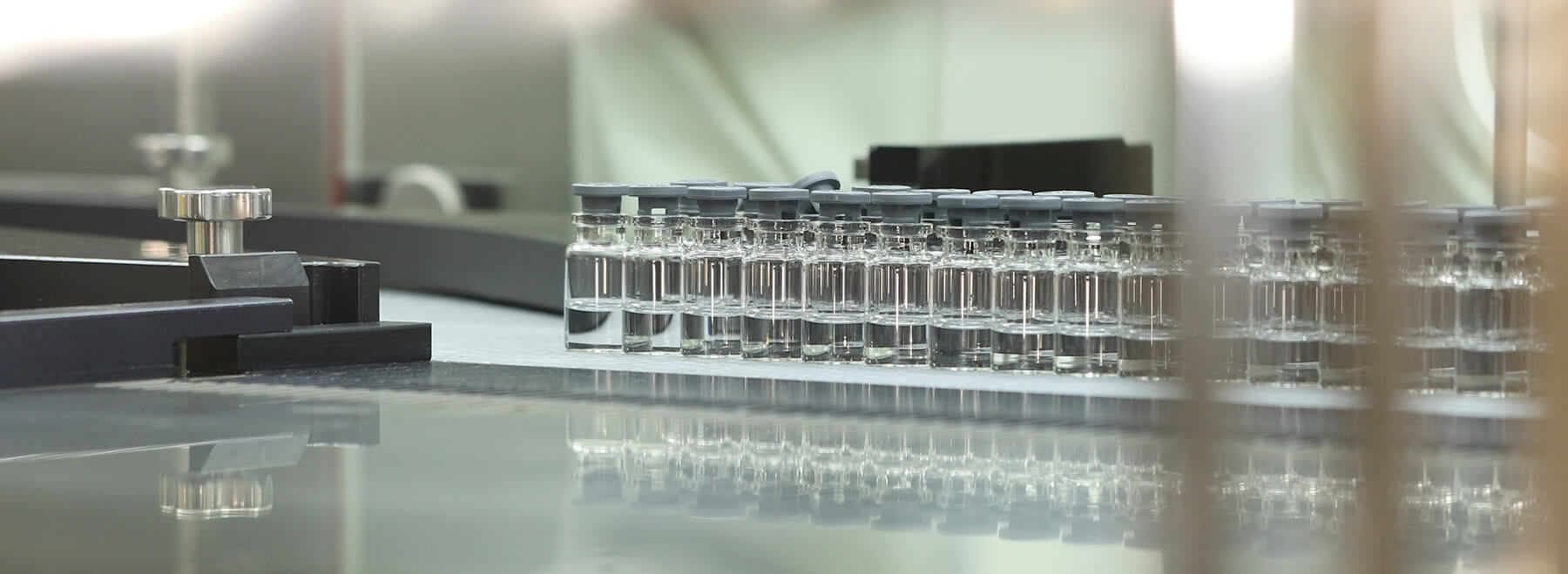Fundamentals of Lyophilization for Life Sciences, Bioprocess and Pharmaceuticals

Fundamentals of Lyophilization for Life Sciences, Bioprocess and Pharmaceuticals
Register NowOverview
The course is designed to familiarize students with the fundamentals of lyophilization (freeze-drying) and is applicable to life sciences, pharmaceuticals, food processing and general bioprocessing. The course focuses on the freeze-drying process itself (with emphasis on heat and mass transfer), formulation design, characterization, process development, product monitoring, and analysis of the freeze-dried product.
This is a 6-month course taught remotely by experts at Biopharma Group with live webinars and tutorials, and a 3-day, on-site lab practicum at UMass Lowell's lyophilization lab in Lowell, MA.
Self-study supported by educational materials provided. There will be case studies and workshops including identifying defects in products and how to solve such problems. Recordings of sessions will be available for playback and repeated viewing.
Audience
This course is designed for professionals in life sciences, pharmaceuticals, and bioprocessing who would like to expand and reinforce their technical knowledge in these sectors.
Learning Outcomes
At the end of this course, participants will have gained an in-depth knowledge of freeze-drying, equivalent to 5 years of working experience in the science of lyophilization including:
- Understanding the science of how freeze-drying works
- The physics and chemistry of freezing, sublimation, and desorption
- Aspects of equipment design to effect heat and mass transfer
- Control and monitoring of the process and lyophilizer
- Gaining knowledge of the different approaches to developing a freeze-drying cycle for products with various requirements (Critical Quality Attributes)
- Learning about the range of methods available for characterization of the final product
- Program, load, operate and unload a freeze-dryer
- Prepare a liquid formulation and pipette into containers in defined doses
- Learning about aspects of formulation design and the value of characterization methods that can be applied prior to freeze drying
- Operate analytical instruments and interpret data from:
- Freeze Drying Microscope
- Thermal and Impedance Analyzer
- Recognizing physical defects in products by observation
Curriculum
- 21 sessions - Live online lectures and tutorials (approx. 2 hr each)
- 3 laboratory days — On-site practical laboratory sessions at UMass Lowell
- 5 assignments - including lab write-up
Live Online Lectures & Tutorials
- Introduction to freeze-drying
- Freezing and thermal treatment of aqueous solutions
- Primary drying (sublimation)
- Secondary drying (desorption)
- Concepts of formulation for freeze-dried products
- Formulation characterization methods part 1 — freeze drying microscopy
- Formulation characterization methods part 2 — frozen state thermal analysis
- Container-closure systems and their impact on the process and shelf stability
- Freeze drying cycle development part 1 — classical iterative methodology
- Freeze drying cycle development part 2 — software-based process design
- Process monitoring and process analytical technology (PAT) in freeze drying
- Scaling up from benchtop trials to full-scale production
- Freeze-dried product analysis part 1 — residual moisture, container-closure integrity
- Freeze-dried product analysis part 2 — dry state thermal analysis and stability
- Freeze-dried product analysis part 3 — mechanical properties and rehydration
Practical Lab Sessions (3 days on campus at UMass Lowell)
The 3-day, on-site laboratory practicum will be taught at the UMass Lowell Lyophilization Lab. Participants are expected to attend this session. Information will be provided on travel and overnight accommodations.
- Session 1: Hands on analysis of liquid samples with freeze drying microscopy/DSC/DTA/impedance — part 1 - analysis of simple dextran solution
- Session 2: Hands on analysis of liquid samples with freeze drying microscopy/DSC/DTA/impedance — part 2 - analysis of a complex liquid formulation
- Session 3: Start freeze drying cycle for dextran formulation
- Session 4: Remove samples from freeze dryers; retrieve and review cycle data
- Session 5: Visual inspection of dried products, analysis of freeze-dried product with KF, DSC, send samples for SEM, and MicroPress analysis
- Session 6: Review cycle data with additional data from KF, DSC, SEM, MicroPress
- Appearance and visual defects inspection for comparison to cycle traces and critical temperature for root cause determination of example freeze drying cycles
Supplementary Learning
- Practical laboratory sessions will need to be written up in a formal report format, with methods described, and data presented and discussed.
- Students will be set further learning activities including background reading and other assignments as part of the course.
Assessment of Completion
A Certificate of Completion will be issued from UMass Lowell to students who register for and complete the course, based on successful demonstration of learning and competency.
Dates/Times
Wednesdays, beginning November 5, 2025- 11:00 AM - 1:00 PM, EST
- 8:00 AM — 10:00 AM, PST